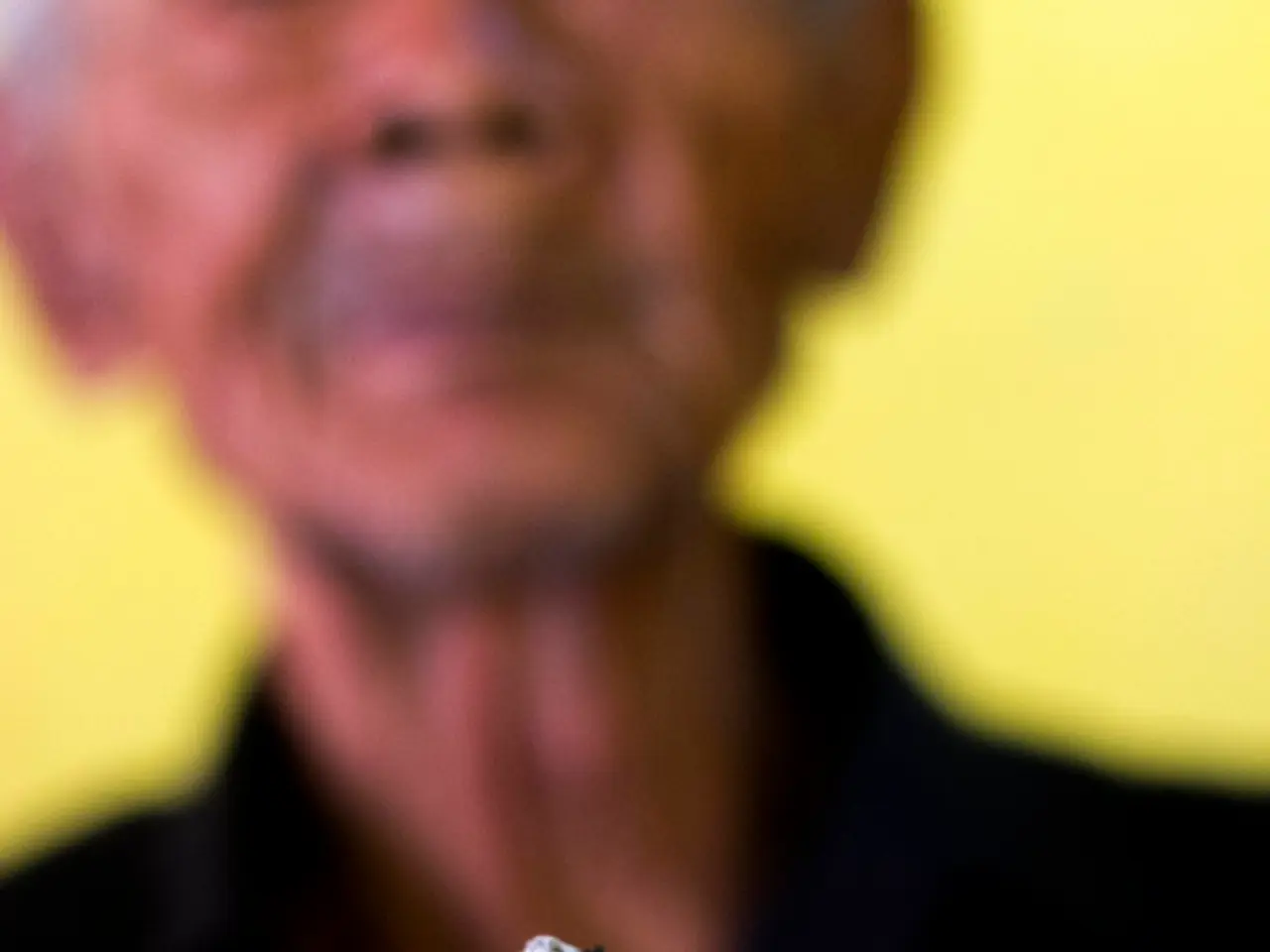Oppositional Defiant Disorder Explained: Key Points to Understand
In the realm of child psychology, Oppositional Defiant Disorder (ODD) is a common challenge that presents as ongoing patterns of defiant, vindictive, angry, and argumentative behaviour towards authority figures. This disorder can significantly impact a child's daily life and relationships.
When it comes to treating ODD, a combination of psychotherapy, behavioral interventions, and, in some cases, medications is the most effective approach.
Psychotherapy and Behavioral Interventions ------------------------------------------
Cognitive Behavioral Therapy (CBT) is a popular method that helps children identify and change negative thought patterns and behaviors. By improving impulse control and emotional regulation, CBT has proven effective in managing ODD symptoms [1][2][3].
Dialectical Behavioral Therapy (DBT) is another useful tool, particularly for managing extreme emotional responses. This therapy teaches children to regulate their emotions and reduce oppositional behaviors [2].
Family Therapy, including parent management training and multisystemic therapy, aims to improve communication and parental strategies, and address family dynamics. Family therapy can be instrumental in supporting a child with ODD [1][2][3].
Parent Management Training (PMT) teaches parents effective discipline techniques and positive reinforcement strategies to manage their child's behavior. Functional Family Therapy (FFT) and Brief Strategic Family Therapy (BSFT) focus on improving family dynamics, communication, and problem-solving skills to address the child's behavioral issues [4].
Parenting Strategies --------------------
Consistent Discipline is key in reinforcing positive behaviour. Establishing clear rules and consequences helps children understand what is expected of them [2].
Positive Reinforcement is another powerful tool. Rewarding good behaviour encourages compliance [2].
Modeling Calm Behavior is crucial, as children often mimic adult behaviour. By staying calm, adults can help children learn better emotional regulation [2].
Encouraging Emotional Expression is also important. Teaching children to communicate feelings helps reduce frustration and defiant reactions [2].
Medications -----------
While there are no direct medications for ODD, medications for co-occurring conditions like ADHD or mood disorders may be prescribed to help manage symptoms. These include stimulants and antidepressants [1][3]. Medications are often used in conjunction with therapy to maximize benefits.
Environmental Risk Factors --------------------------
Environmental factors such as childhood trauma and poverty can contribute to the development of ODD. Environmental management, such as parent management training and school-based management training, can aid adults in supporting a child with ODD.
Identifying ODD ---------------
To help identify ODD, it can be helpful to consult with others who regularly come into contact with the individual. The symptoms of ODD can overlap with different disorders, such as ADHD or bipolar disorder, which a mental health care professional must first rule out.
The DSM-5-TR provides guidance for diagnosing ODD, including a pattern of angry or irritable mood, argumentative or defiant behavior, or vindictiveness over a period of at least 6 months. Behaviour causes significant disruption to social, educational, occupational, or home functioning.
Early Diagnosis and Individualized Treatment ---------------------------------------------
Early diagnosis of ODD can help manage its disruptive effects. A mental health care professional diagnoses ODD, and there is no singular treatment for ODD; mental health care professionals must tailor treatment to an individual's needs. A mental health care professional may also recommend treatments for any underlying conditions contributing to symptoms.
In conclusion, a multifaceted approach, combining psychotherapy, behavioral interventions, parenting strategies, and, when necessary, medications, offers the best chance of successfully managing and treating ODD in children.
- In some instances, medications like stimulants and antidepressants, often used for co-occurring conditions such as ADHD or mood disorders, may be prescribed to help manage symptoms of Oppositional Defiant Disorder (ODD).
- Pfizer, along with other pharmaceutical companies, may be conducting research on science-based treatments for child and adolescent mental health issues, including ODD.
- Maintaining a health-and-wellness routine that emphasizes emotional health and mental-health awareness is important for parents, as it can help them model calm behavior and encourage their child's mental well-being, which may reduce the incidence of ODD.
- Children's health and wellness involve more than just physical wellbeing. The development and implementation of comprehensive child and adolescent mental health programs, focusing on education, prevention, and treatment of issues like ODD, should be a priority in health-and-wellness discussions.




